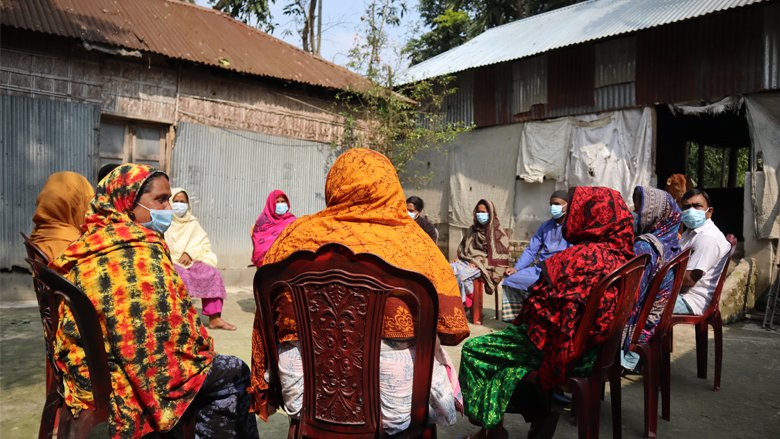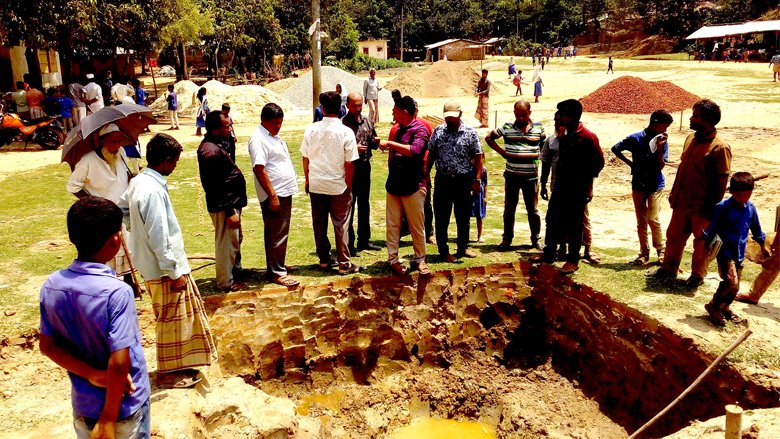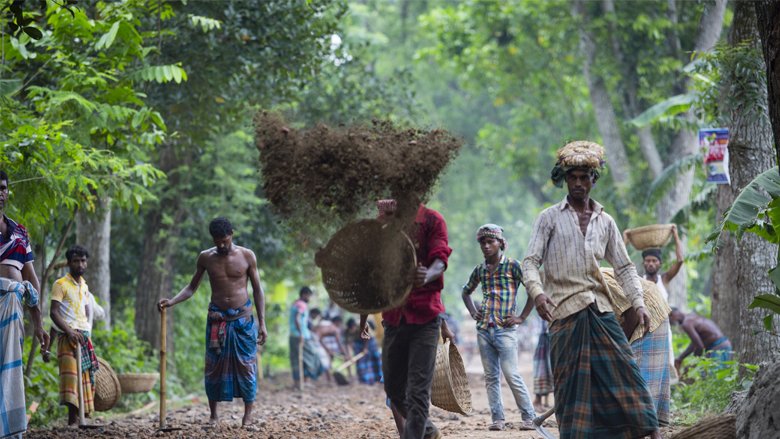Beneficiaries
"Before the e-GP was introduced, we had to submit tenders manually. We had to carry a huge amount of paperwork to Motijheel. It was a big hassle. On top of that, there were political muscle men who would try to prevent us from bidding. After e-GP was introduced, the process has become easy. The e-GP training helped us a lot. We learned that we could store our company papers in the system online and draw from there each time we needed those documents. We simply had to map the document to the tender submission. The training taught us how to scan the documents, what size the documents had to be, how many documents to include in a file, how to name the files. Those without IT backgrounds especially benefited from this training." Ahsan Habib, GM of Connect BD Ltd., e-GP Tenderer
Challenge
Public procurement reform is extremely complex and hard to sustain due to the involvement of numerous stakeholders with diverse and sometimes conflicting interests and resistance to change. The process in Bangladesh required not only technical but also substantial political commitment and behavioral interventions.
Approach
Since the Bank engaged in the initiative in 2002, critical elements have been addressed in an integrated way, including building capacity among public officials and the bidding community and enabling engagement between the two. The process involved developing and adopting innovative technology, as well as campaigns to change behavior and raise awareness among stakeholders and across society about the importance of the reform in achieving national development goals.
The government also created the Central Procurement Technical Unit (CPTU), within the Planning Ministry to spearhead the reforms. These efforts helped ensure political buy-in, ensuring a comprehensive and sustainable transformation.
The Bank has offered a measured approach, opting for a strategic engagement through three successive phases. Phase I entails enactment of procurement legal framework (Law/Rule) and establishment of an institutional central regulatory agency. With this foundation, the reform was rolled out in the follow-on phase II through a large-scale professionalization and capacity development effort, introduction of e-GP, and raising awareness among citizens to support sustained reform.
The current phase covers robust end-to-end e-Government Procurement system, creating platforms for citizen engagement and social accountability, and introducing sustainability considerations in the public procurement framework.
The e-GP system has improved the integrity of public procurement with features such as online submission and evaluation of bids, approval, and award of contracts, reducing external influences, preserving all procurement documents and transactions online for audit purposes, validating bidders’ information, and online submission and tracking of complaints.


